The Actor Who Was Matthew Perry
Matthew Perry’s portrayal of Chandler Bing came closest to capturing the millennial angst of a world trying to figure its boundaries and its anchoring centre.
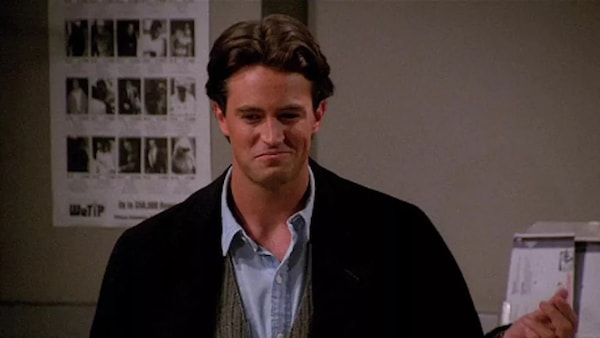
Last Updated: 01.54 PM, Nov 04, 2023
“I TELL people things. It makes them like me,” Chandler Bing says in an episode of Friends. The premise for the punchline is built around the character’s inability to keep a secret, and crippling insecurities about being likeable. On paper, Chandler was possibly the least interesting character on the show, so bland and competent in being a measured adult, most of his demons had to be invented by the past. But in being as unremarkably goofy and persistent as he was, Matthew Perry’s portrayal came closest to capturing the millennial angst of a world trying to figure its boundaries and its anchoring centre. Chandler drew on the beats of sarcasm as that chirpy, unsure man-child, perpetually courting approval but he was also seeded in an affecting sense of vulnerability. An aspect of human nature we millennials have learned to embrace through men like Perry, playing twitchy, self-deprecating men like Chandler Muriel Bing.
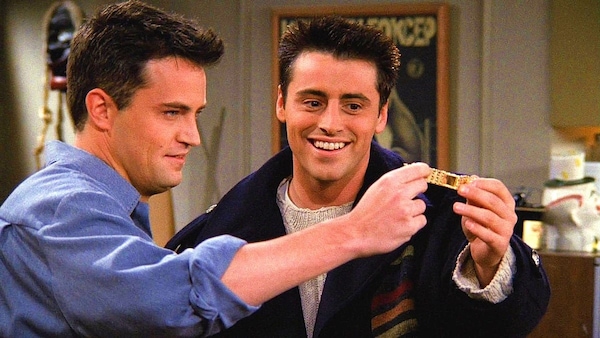
Perry was part of the television scene well before the ‘90s hit their stride. In Boys will be Boys, he played a typically fidgety young man who dances after getting a date and trades empty idioms as a way of breaking conversational ice. In Sydney, Perry played a rookie cop, a fast-talking savant of bundled nerves who has to be stopped from routinely embarrassing himself. The makings of Chandler were already there alongside maybe early signs that Perry was compressing a whole life into broad character outlines. In Birds of America, possibly his best work outside of TV, Perry was likeable as the pressed, elder statesman of a dysfunctional family. In 17 Again, he played the sorry backdrop to Zac Effron’s hunky lead act. Most recently, the actor tried to ignite a new bromance with the remake of TV’s The Odd Couple, which only served evidence that chemistry — such as the one he shared with Matt Le Blanc — transpires only once in a lifetime.
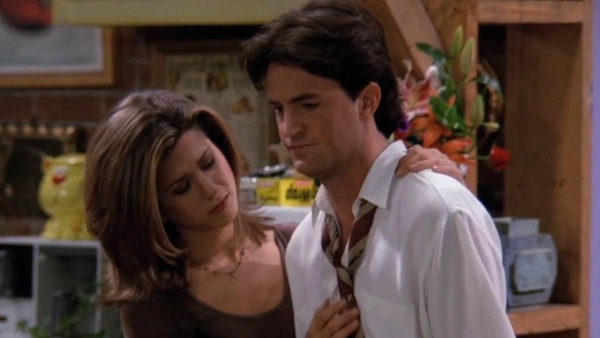
Friends, for reasons related to artistic virtue and public scrutiny, remains Perry’s pinnacle. It’s possibly the only character of the six that comes with comedy as a prefix, and nervousness about its delivery as a rhythm. Ironically, Chandler is simultaneously the funniest and the un-funniest character on the show. His sarcasm is his way to evade exposing an internal constitution he considers too fragile for public viewing, and it is this desperation that makes him the most awkward, visibly nervous human in the room. In one episode of the show, everyone partakes in an inquest about his inability to cry. In another, he decides to quit his job only to learn he isn’t good at anything else. Chandler is insecure, under-confident and meek in a way that makes us all urban, progressive but also prosaically inactive. To talk of the character in the present tense only embellishes his timelessness.
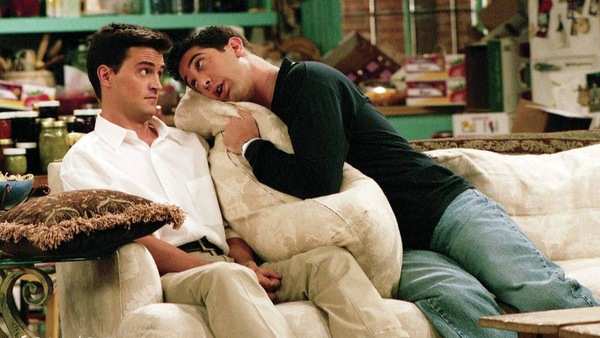
Perry perfectly fit the description of a character whose insecurities about his self-image make him a compulsive people pleaser. Even in the camaraderie he shares with his more charismatic friend, Chandler is, despite his own insecurities, a source of composure and stability. Some people need the discipline so their life continues to eschew purpose. From Joey to Monica, he quietly supports the people around him, somewhat mitigating his own existentialism about having something to work for, by having someone to take care of. It is this modest purpose that most of us seek, as opposed to romantic conquests that most written-in-bold mottos seek to paint.
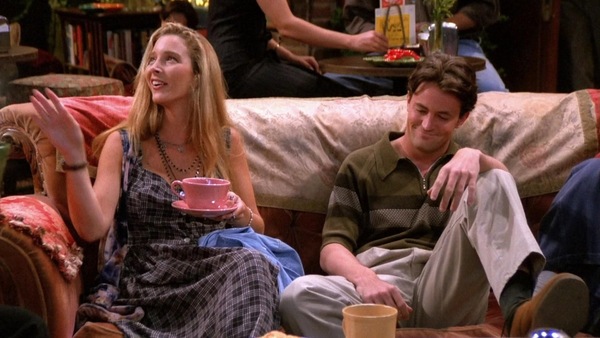
Chandler isn’t exactly a loser, but echoes the vague streak of one. Potentially the most stable, financially mature and boringly measured of all his friends, he is also someone looking for some spice, that sprinkling of stardust to momentarily alter his ordinariness. It’s a mental condition we all suffer from, working dehumanising calendars, lethargy-inducing schedules and entertaining the humbling idea that life is nothing other than the numerical output of hours spent doing arbitrary tasks. It’s this ordinariness that we set out to beat on the weekends, or through the many things we claim we know, have seen, must have read, but haven’t. In the end, everyone just wants acceptance.
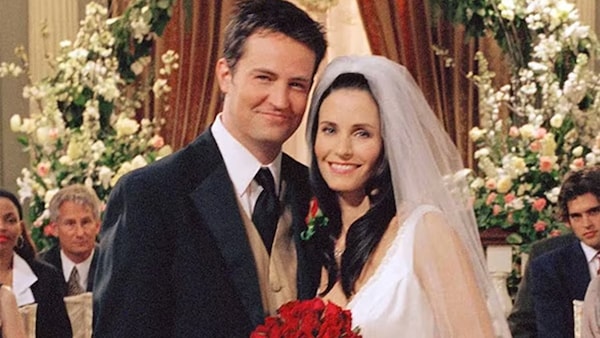
In retrospect it’s impossible to look away from Chandler’s nerves, his perpetually unsettled energy without also considering Perry’s suffering and pain as the root of a comedic character that also represents a modern tragedy. Language is the first casualty of stigma, and it translates more acceptably as a nervy smile than a teary eye. A lot of us use humour, like Chandler, to paint over cracks we neither want exhibited or maybe even filled. Because more than medicine, laughter can also function as the broom that sweeps everything under the carpet of assumption. The assumption that as long as there is booming laughter echoing across the walls of a room, the air within it must be without melancholy. It’s a sobering lens to maybe look back at a famed, artistic specimen with, but it’s also one that is necessitated by the suffering that had to be concealed, for all that comedy to look effortless.
